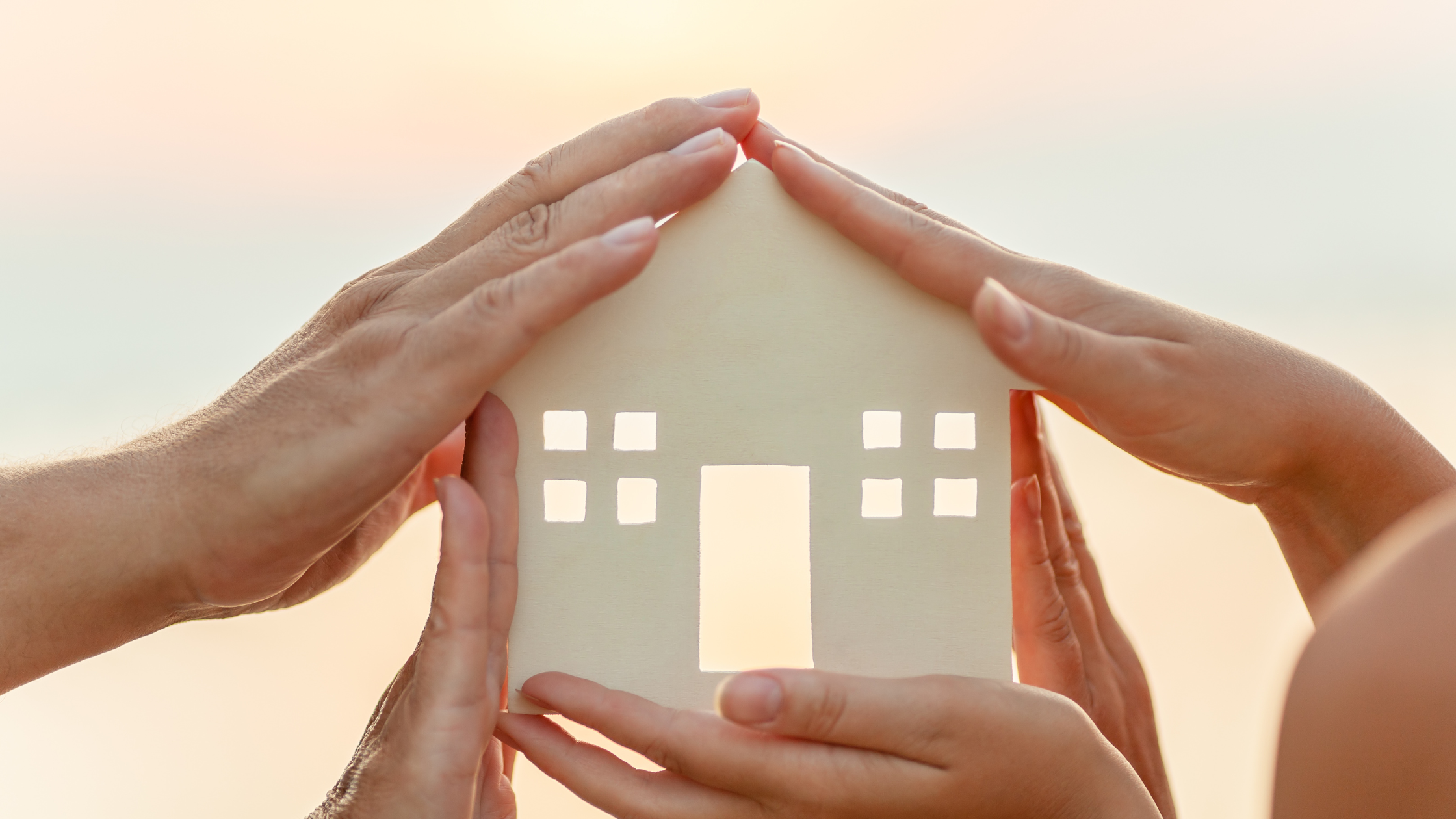The different types of parenting after separation or divorce: which one fits your family?
Separation or divorce can be difficult, and it can be even more complicated when children are involved. But, it is crucial to put your children’s needs first and ensure they are provided for emotionally, physically, and mentally. You can achieve this by prioritising their wellbeing and working towards a parenting relationship that is healthy and positive for all involved.
In this blog, I look at the following types of parenting so that you can decide which one would best suit your family:
Collaborative Parenting (or Co-parenting)
Birdnesting
Parallel Parenting
Distant Parenting
Supervised Parenting
Can school support your child during your separation and divorce?
When children learn about their parents’ separation or divorce, they can have different experiences and reactions depending on many influential factors: age, personality, understanding, parents’ behaviour, hostility, and level of support… However, what all have in common is that they will go through a period of grief, even if the split is amicable and spend time with both parents regularly.
Children may feel a range of emotions like sadness, frustration, anger and anxiety, which can translate into emotional and behavioural difficulties: becoming naughty or demotivated, being more aggressive and controlling, or becoming quiet and withdrawn. This new situation can also make some children feel insecure. Naturally, these strong emotions and behaviour can be brought into school, affecting their social and emotional wellbeing and their concentration, ability to engage or interest in learning, which can consequently impact their academic performance.
How to keep your sanity whilst living together during your separation
Whether for financial reasons or to offer stability to your children, you may find yourself living under the same roof after splitting up while the final divorce is pending.
There is much-outdated advice online about what you should or shouldn’t do in the eyes of the law if your relationship has ended but you remain living in the same family home. Since the introduction of the new divorce legislation in England and Wales on 6 April 2022, known as the “no-fault” divorce law, there are no longer requirements to be separated for a minimum period before issuing a divorce or to prove that you are “under the same roof but living apart”. The only current requirement for divorce is a statement that the marriage has irretrievably broken down. This positive change offers separated couples the freedom and flexibility to decide how they wish to organise their new relationship and lives.
5 Practical Tips To Minimise Co-Parenting Challenges
Parenting during a healthy relationship is not easy. However, co-parenting after a separation or divorce can be even more challenging and feel impossible, especially when you bring into the mix the high emotions, relationship issues and the wish to cut ties with your ex. You are bound to face some challenges.
Today I’m going to share with you some practical tips to help you improve the quality of your co-parenting relationship and, consequently, offer your children the stability, security, and love they need. How you and your ex, as parents, behave can strongly influence your children's mental and emotional wellbeing and how they adjust to this new chapter of your lives.
How to thrive as a single mum after separation or divorce
Following your separation or divorce, the family dynamics will have changed. If dad is no longer at home, you may have sole responsibility for your children’s care whilst they are with you.
You may find this new parenting situation overwhelming, especially at the very beginning when trying to adjust to your new reality. The change can feel stressful as you are raising your children at home on your own without the support from your ex. You may still be grieving and dealing with the aftermath of your separation or divorce whilst trying to build your new way of life. Day to day domestic chores, work demands, financial worries and the need to safeguard and care for your children during this new episode of your life can put a strain on your well-being.





